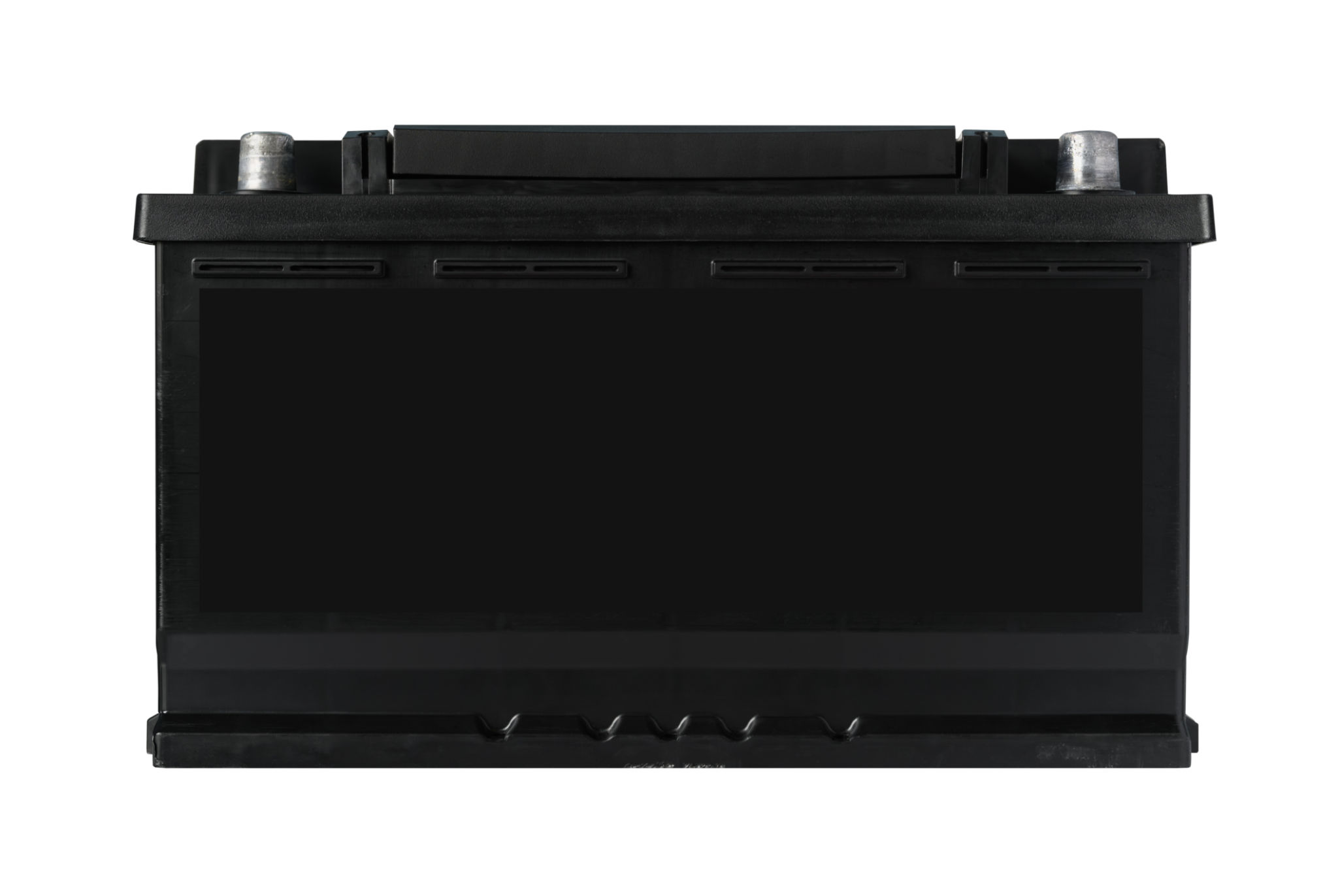DIY Car Troubleshooting: When to See a Professional
Introduction to DIY Car Troubleshooting
For many car owners, the idea of troubleshooting vehicle problems on their own can be both empowering and cost-effective. However, knowing when to tackle an issue yourself and when to seek professional help is crucial to avoid causing further damage and ensuring your safety on the road.

Common DIY Car Troubleshooting Tasks
Checking and Replacing Fluids
One of the simplest maintenance tasks is checking and replacing fluids. This includes oil, coolant, brake fluid, and windshield washer fluid. Regular checks can prevent larger issues down the line. If you notice consistent leaks, it may be time to consult a professional.
Battery Inspection and Replacement
A dead battery is a common issue that most drivers can address themselves. Ensure the terminals are clean and free of corrosion, and test the battery's charge. If your car struggles to start even after a battery replacement, a more complex electrical issue might be at play, requiring expert attention.

Understanding When to Seek Professional Assistance
Complex Electrical Problems
Modern vehicles have intricate electrical systems. Issues such as persistent dashboard warning lights, malfunctioning infotainment systems, or electronic component failures often need a professional's touch. Attempting to fix these without proper knowledge can result in costly mistakes.
Engine Performance Issues
If your car is experiencing rough idling, stalling, or poor acceleration, it could indicate significant engine problems. While you might be tempted to troubleshoot these yourself, engine diagnostics often require specialized tools and expertise. It's best to leave these to a certified mechanic.

The Risks of DIY Repairs
While DIY troubleshooting can save money, it also carries risks. Misdiagnosing a problem or using incorrect parts can lead to more severe damage and increased repair costs. Moreover, certain repairs require specific tools and expertise that the average car owner may not possess.
Safety Concerns
Safety should always be a priority. Some repairs, like brake work or suspension adjustments, directly impact your vehicle's safety. Performing these incorrectly can endanger you and others on the road. If you're unsure about your ability to safely complete a repair, it's wise to consult a professional.

Conclusion: Balancing DIY with Professional Help
While taking on simple car maintenance tasks can be rewarding and economical, it's essential to recognize the limits of your skills and knowledge. Ensuring your vehicle is well-maintained sometimes means partnering with a trusted mechanic. This balance will help keep your car running smoothly and safely for years to come.
